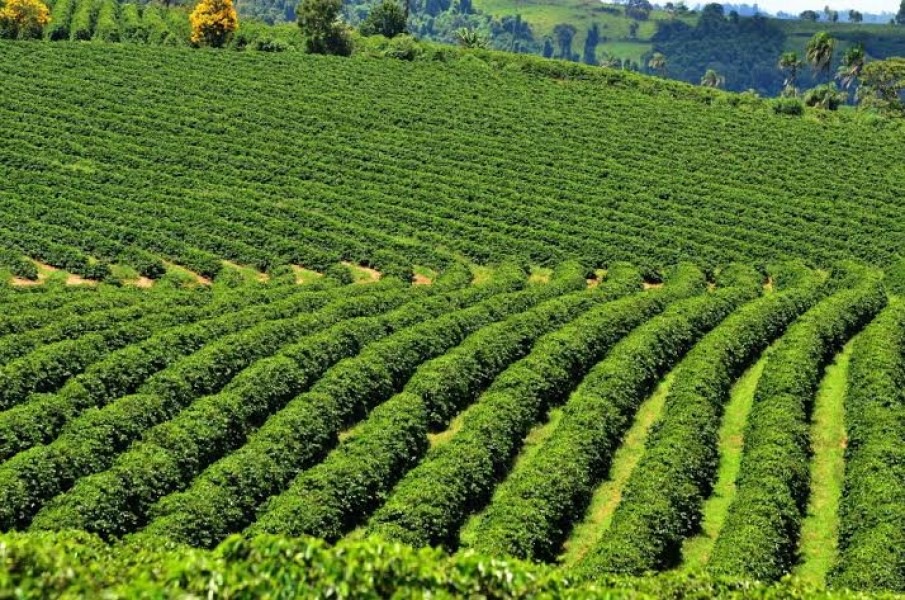RIO DE JANEIRO, BRAZIL – Brazil is producing less top quality coffee this year, despite a bumper crop overall, because of unusual pre-harvest weather, which has affected some traders who rely on the product, according to sources in the sector.

The market for Brazilian fine coffee is tighter than normal, causing a premium paid for the current crop against New York futures, which is particularly rare at this time of the year, said traders, who requested anonymity to discuss the market-sensitive matter.
“Some trading houses are scavenging the market. Those coffees are trading at a premium in New York, and this is only July. It’s going to be a long, painful season for these people,” said a London-based trader.
The trader said that Brazil’s fine cups for shipment in August are being traded four cents above New York futures when they usually trade between five and nine cents below the reference contract.
Some trading houses that made anticipated sales expecting negative differentials at delivery time are now forced to buy at a premium, taking losses.
The various flowerings in Brazil’s plantations have raised concerns about the quality of the current crop, as reported by Reuters earlier, but the issue may be worse than many expected.
Exporter Escritório Carvalhaes said that trading was unusually slow at the peak of harvest. According to him, the erratic climate in the second half of 2018 confused the coffee trees, and the flowerings occurred in four to five stages.

“In the summer, the growing and ripening period of the fruit, again the weather did not help. The weather was dry in January and quite rainy from mid-February,” said Carvalhaes, noting that temperatures were above average, including at night, for long periods in the summer of 2019.
“These repeated storms led to early and uneven ripening of the fruits… These rains brought down ripe fruit, the ‘cherries’…”, commented Carvalhaes, pointing out that the result “is a smaller crop than expected and of poorer quality.”
Producer Daniella Pelosini, a regular supplier to Italian roaster Illy, said she would strive to produce the coffees that top quality brands seek.
“We’re not sure what happened, but the beans went quickly from green to dry. I’m finding it very difficult to make volumes of cherries for peeled lots,” she said during a visit to her farm in Pardinho, in the state of São Paulo.
One of the outcomes will be a more massive production of lower quality coffees, weaker cups, and Rio or Riado types, which many roasters use for blending. For farmers who are already facing historically low prices, the additional lower quality impact will only increase the problem.
Coffee producers in Peru and Honduras are benefiting from the quality shortfall in Brazil, with prices between five and ten cents over futures, according to the London-based trader. Beans from those locations usually trade level with futures.
The trader said that futures in New York could be affected if buyers turn to exchange stocks, which are not perfect substitutes but are washed Arabicas at least.

